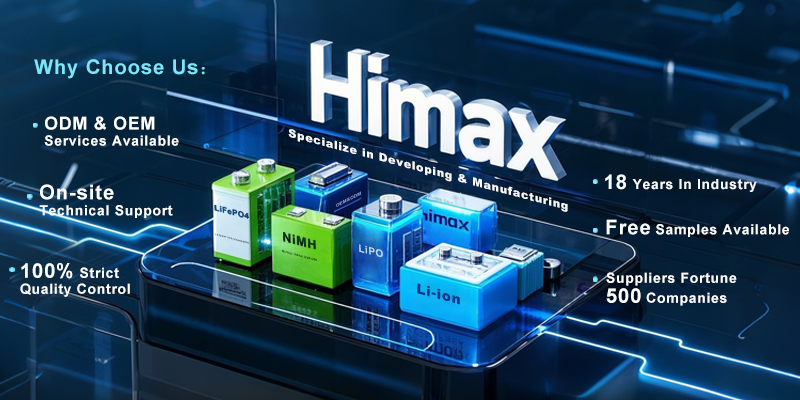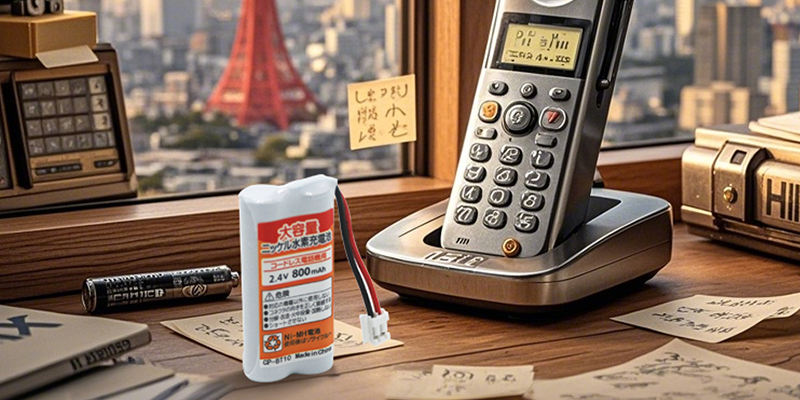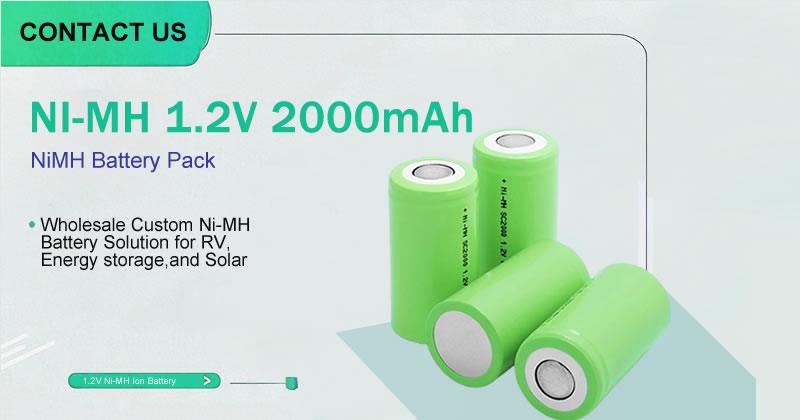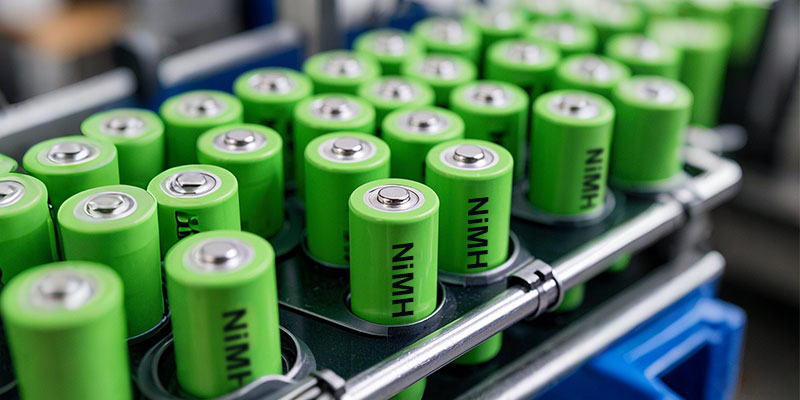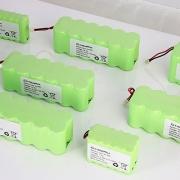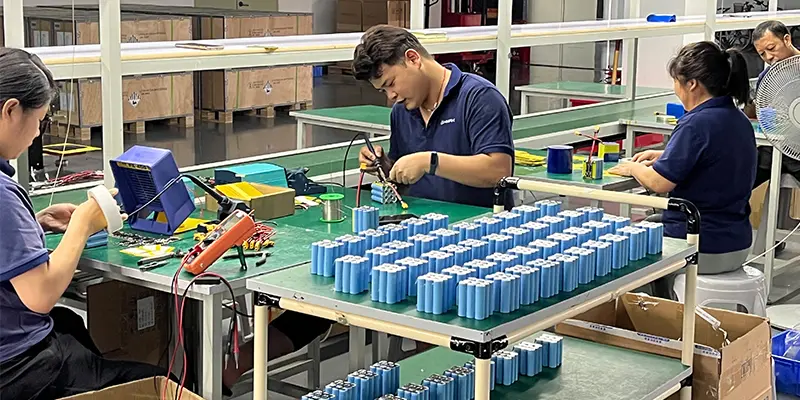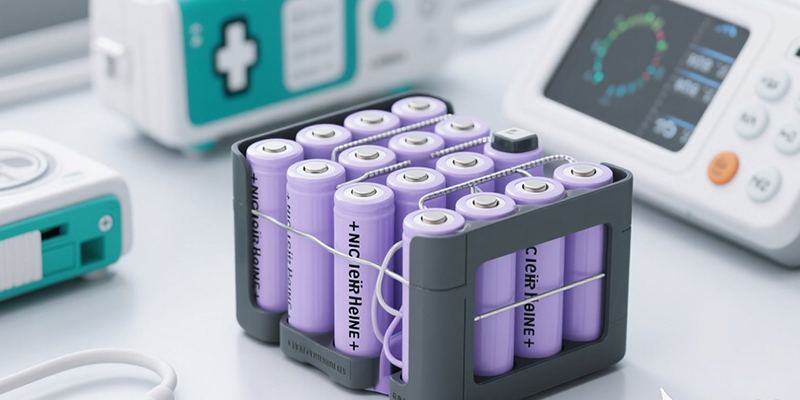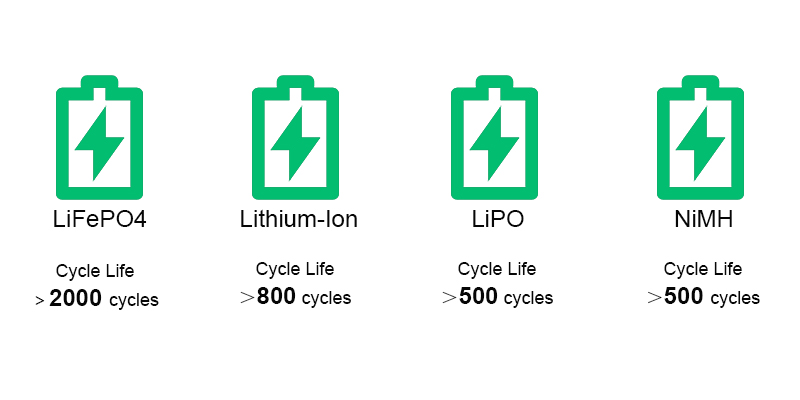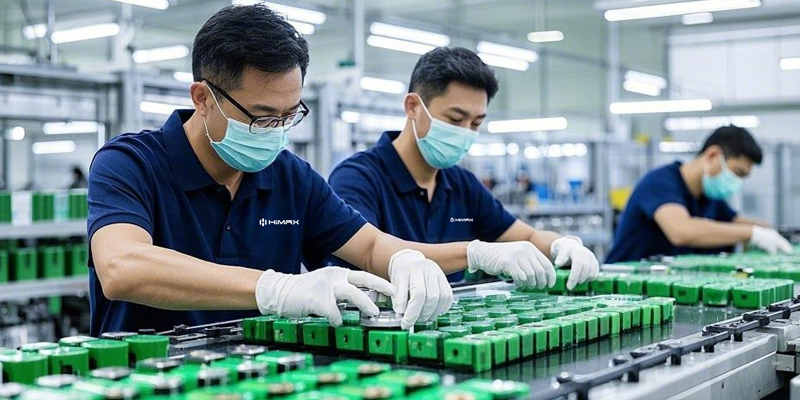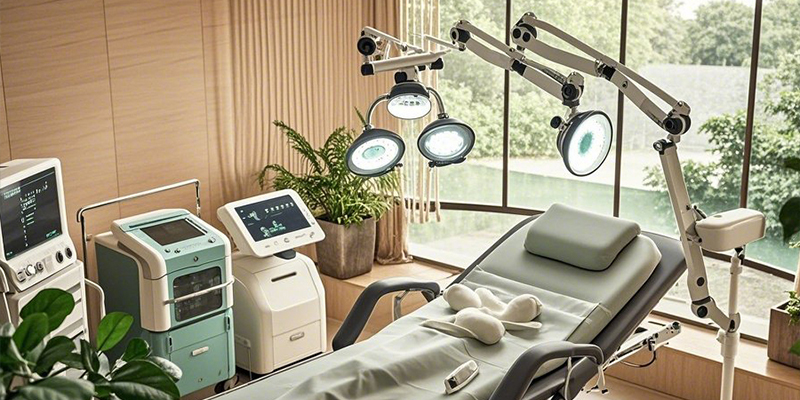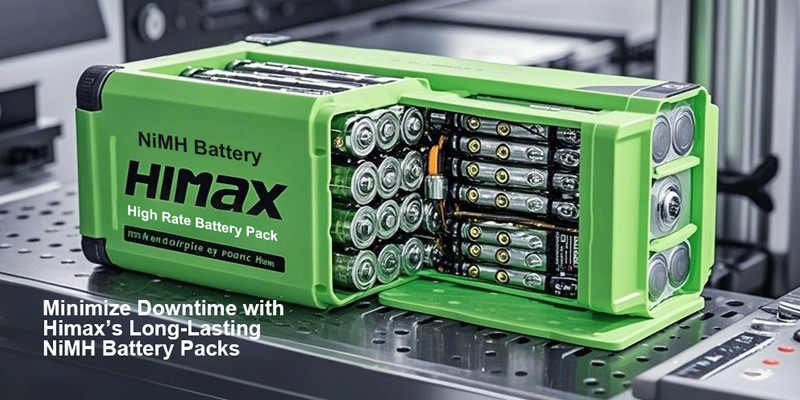Why Do Cordless Phones Often Use NiMH Batteries? A Comparison of NiMH vs. Lithium Batteries
Why Cordless Phones Prefer NiMH Batteries
Cordless phones often rely on nickel-metal hydride (NiMH) batteries due to several technical advantages that align perfectly with the needs of these devices. Here are the key reasons why:
First and foremost, NiMH batteries are highly safe. Since cordless phones are commonly used in households, safety is a top priority. Compared to lithium batteries, NiMH batteries are much more stable under extreme conditions like overcharging, short-circuiting, or high temperatures, making them less likely to catch fire or explode. This reliability makes them a safer choice for home environments.
Second, NiMH batteries are more cost-effective. Cordless phones are typically marketed as affordable, mid-to-low-end consumer products, so manufacturers aim to keep production costs down to stay competitive. NiMH batteries are significantly cheaper to produce than lithium batteries, making them an ideal fit for cordless phones, especially for budget-conscious buyers.
Third, NiMH batteries excel at delivering high current output. Cordless phones require a steady supply of power during calls, particularly for long conversations or frequent use, and the battery needs to consistently provide high current. NiMH batteries perform exceptionally well in this area, meeting the demands of cordless phones, while lithium batteries may struggle to maintain stability under high current output.
Finally, NiMH batteries are more environmentally friendly. Unlike older nickel-cadmium (NiCd) batteries, NiMH batteries don’t contain toxic heavy metals like cadmium, making their production and recycling processes less harmful to the environment. This aligns with the growing trend of eco-friendly practices in household devices, giving NiMH batteries an edge in the cordless phone market.
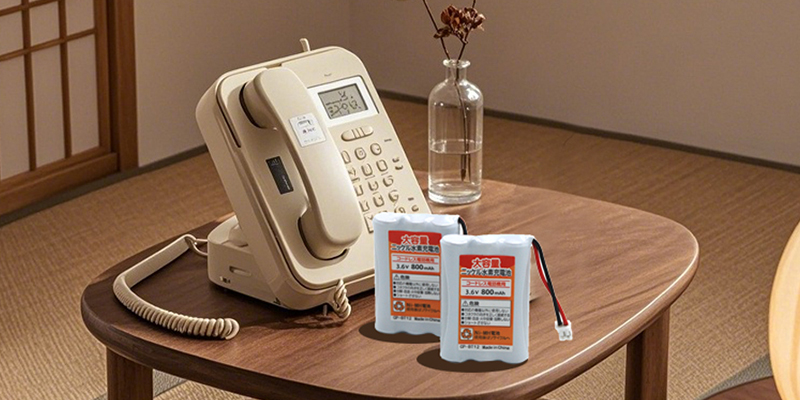
NiMH vs. Lithium Batteries: Pros and Cons Comparison
To help you choose the right battery for your cordless phone, let’s compare the pros and cons of NiMH and lithium batteries across several key factors and explore their suitability for different scenarios.
NiMH Batteries
Pros: NiMH batteries are very safe, even under extreme conditions, making them ideal for household devices. They’re also cost-effective, offering great value for those on a budget. Additionally, NiMH batteries are excellent at providing high current output, which perfectly matches the needs of cordless phones. On the environmental front, they’re a win—they don’t contain cadmium, making recycling more eco-friendly. In terms of lifespan, NiMH batteries can typically handle 500 to 1,000 charge cycles, ensuring long-term durability.
Cons: On the downside, NiMH batteries have a lower energy density, meaning they’re bulkier and heavier, which can make them less convenient. They also have a high self-discharge rate of 25% to 35% per month, so if left unused for a while, they’ll lose a significant amount of charge. Charging speed is another drawback—NiMH batteries often take 6 to 8 hours to fully charge. Plus, they can suffer from a memory effect, meaning you’ll need to fully charge and discharge them periodically to maintain their performance.
Lithium Batteries
Pros: Lithium-ion (Li-ion) batteries are known for their high energy density, allowing them to be smaller and lighter for the same capacity, which makes them perfect for portable devices like smartphones and laptops. They have a low self-discharge rate of just 2% to 5% per month, so they hold their charge well even when not in use. Lithium batteries also have no memory effect, so you don’t need to worry about frequent charging affecting their lifespan. Additionally, they charge quickly, often in just 1 to 2 hours, which suits a fast-paced lifestyle.
Cons: However, lithium batteries come with some notable drawbacks. Safety is a major concern—overcharging, overheating, or short-circuiting can lead to fire or explosion risks, which is something to be cautious about in household devices. They’re also more expensive, and their production and recycling processes are more complex, with a greater environmental impact. Lithium batteries don’t perform as well with high current output compared to NiMH batteries, and their lifespan is typically shorter, averaging 300 to 500 charge cycles.
Which Is Better for What?
When it comes to cordless phones, NiMH batteries are the better choice due to their safety and ability to handle high current output, meeting the device’s practical needs. On the other hand, lithium batteries are a better fit for portable devices like smartphones or tablets, where their lightweight design and high energy density shine. When deciding, consider your device type and usage habits to weigh the benefits of each battery type.
Practical Tips for Buying Cordless Phone Batteries
Now that you understand the pros and cons of NiMH and lithium batteries, how do you pick the right one for your cordless phone? Here are some practical tips to guide your decision.
Budget Considerations
Your budget is often the first thing to think about when buying a battery. NiMH batteries are affordable and offer great value, making them an excellent choice for those on a tight budget, especially when replacing a cordless phone battery. Lithium batteries, while more expensive, might be worth considering if your cordless phone supports them and you prioritize portability and fast charging. Just keep in mind the safety concerns with lithium batteries.
Usage Needs
Your usage habits can also influence your battery choice. If you’re a heavy cordless phone user who often has long conversations or uses the phone frequently, go for NiMH batteries—they provide stable current output to ensure uninterrupted calls. However, if portability is a priority and your cordless phone supports lithium batteries, their lightweight design might be a better fit. When using lithium batteries, be cautious about overcharging or overheating to stay safe.
Battery Lifespan and Maintenance
Battery lifespan and maintenance are also key factors to consider. NiMH batteries can develop a memory effect, so it’s a good idea to fully charge and discharge them (from 100% to 0% and back) every 1 to 2 months to minimize this issue. For lithium batteries, avoid overcharging and try to keep the charge level between 20% and 80% to extend their lifespan—using the original charger is also recommended. For both types, store them in a cool, dry place to avoid performance issues caused by heat or humidity.
Why Choose HIMAX Electronics NiMH Batteries?
Among the many battery brands out there, HIMAX Electronics stands out as a trusted online retailer specializing in high-quality NiMH batteries. We highly recommend the “HIMAX Electronics AA NiMH Battery.” With an impressive capacity of 2700mAh, this battery provides long-lasting power for your cordless phone, meeting your daily call needs with ease. It also boasts a long lifespan, capable of handling over 800 charge cycles, ensuring durability. Made with eco-friendly materials and free of heavy metals, HIMAX Electronics’ NiMH batteries are safe and reliable for household use.
Still unsure about which battery to choose for your cordless phone? Visit the HIMAX Electronics website today to explore their range of high-quality NiMH batteries and give your cordless phone a new lease on life!
